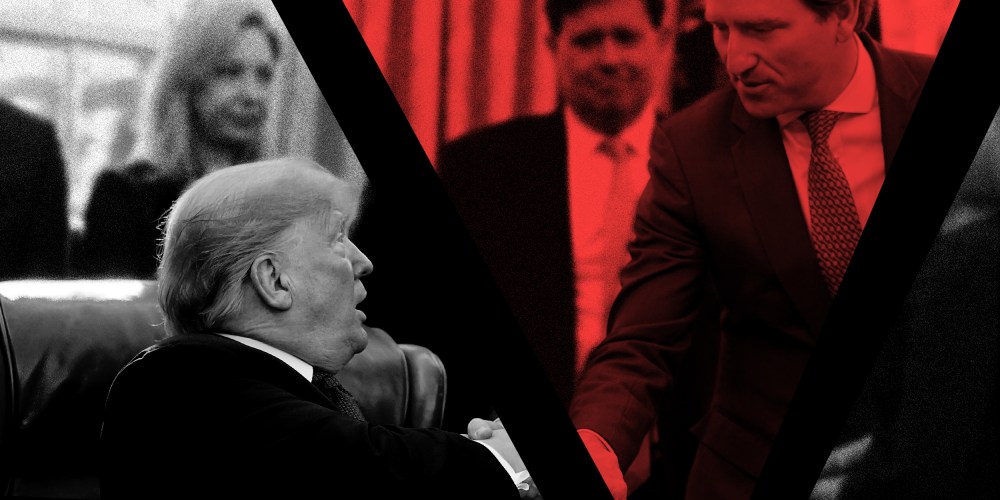The modern world’s new battleground is cybersecurity — within that combat theater, people fight mightily against adversaries that pose no less a threat, and perhaps even more of a danger, to our foundational freedoms.
Chris Krebs was a kind of general on that field of battle — the head of the U.S. Cybersecurity and Infrastructure Security Agency (CISA); or at least he was, until the evening of Nov. 17. It is not an exaggeration to assert that Krebs’ leadership and strategy directly defended our democracy by protecting our polling places and processes and maintaining the integrity of the results.
Krebs did this while under both friendly and foreign fire, some of which emanated straight from the White House. But unlike U.S. service members defending American democracy abroad, Krebs will not be eligible for a medal.
The recent statement by Chris Krebs on the security of the 2020 Election was highly inaccurate, in that there were massive improprieties and fraud – including dead people voting, Poll Watchers not allowed into polling locations, “glitches” in the voting machines which changed…
— Donald J. Trump (@realDonaldTrump) November 18, 2020
Instead, Krebs was canned. In two late-night tweets Nov. 17, President Donald Trump, with only 10 weeks remaining in his term, accused Krebs of issuing a “highly inaccurate” statement maintaining that President-elect Joe Biden’s projected victory had been free and secure and fair. Trump went on to falsely assert, in a statement that caused Twitter to attach a warning caveat, that there was evidence of “massive improprieties and fraud.”
Trump was likely referring in his tweets to a joint statement Thursday from CISA, the Election Assistance Commission and entities that represent the chief election officer in every state. That statement included the following language: “There is no evidence that any voting system deleted or lost votes, changed votes, or was in any way compromised.” The statement went on to call the Nov. 3 election “the most secure in American history.”
Krebs was fired because he had the audacity to publicly challenge Trump’s fantastical fabrications about the election. Soon after word of Krebs’ termination became public, his deputy Matthew Travis resigned from CISA as well, reportedly under White House pressure.
Krebs was fired because he had the audacity to publicly challenge Trump’s fantastical fabrications about the election.
To be clear, Krebs wasn’t fired for making inaccurate statements. He was jettisoned for doing his job. Buried in all the media attention over Trump’s refusal to accept defeat is the story of a resounding American victory in the cyberwar against foreign agents attempting to influence election outcomes.













